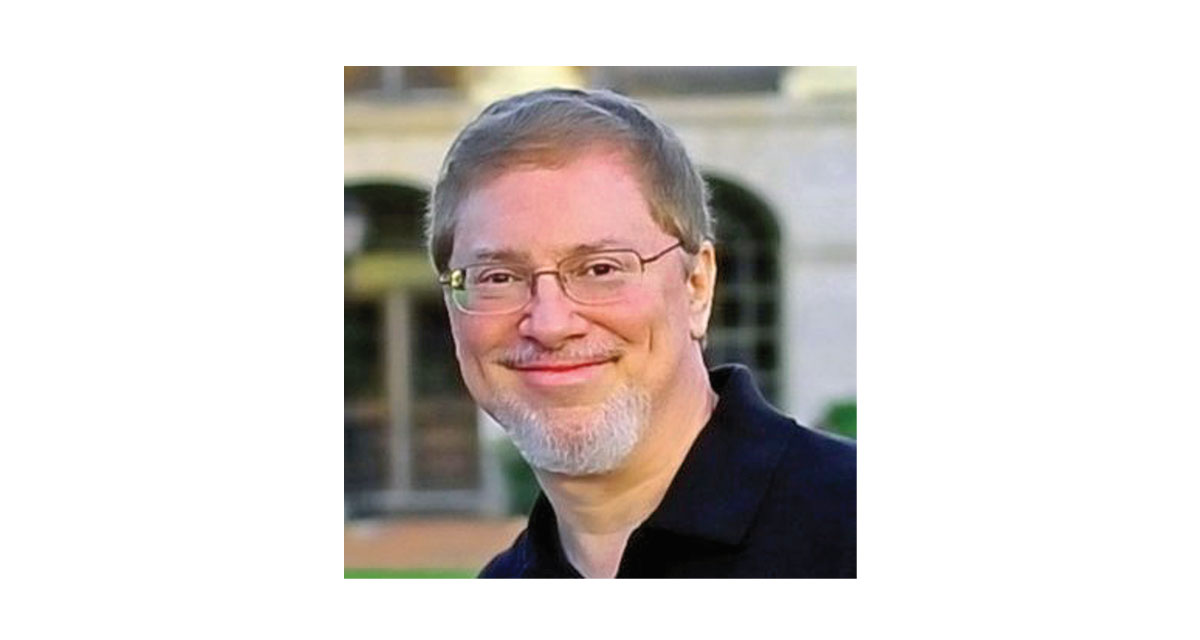If your cellphone news feed is anything like mine, you’ve seen the latest buzzword in the working world. It’s called emotional intelligence, and is defined as, “The ability to perceive, use, understand, manage, and handle emotions.” A big component of emotional intelligence is self-awareness. This is defined as, “The ability to focus on yourself and how your actions, thoughts, or emotions do or don’t align with your internal standards. If you’re highly self-aware, you can objectively evaluate yourself, manage your emotions, align your behavior with your values, and understand correctly how others perceive you.” (Wikipedia)
I’m learning more about this because I’ve always found psychology fascinating. For this next year though, I’ve decided to combine two areas—self-awareness and consciousness—and let that be my focus of attention and improvement for myself this year. It’s not a New Year’s resolution. Those things tend to fall by the wayside by spring. I’m looking at this as more of an improvement in lifestyle by developing these skills further.
Being self-aware for example, helps me to fully understand who I am, what I like, what I dislike, what has defined my opinion and belief system, what things I need to say “Yes” to more often, and equally what things I need to say “No” to. And most of all, giving permission to see and accept these parts of myself. It doesn’t mean I don’t improve on them; it just means I don’t beat myself up over inherent traits that I can do nothing about. Nor should I make excuses for them. One doesn’t have to agree with me on everything, just accept me for who I am.
With consciousness, I’m trying to sharpen my ability to see things from the other person’s perspective. It doesn’t matter if I feel my position, belief, thoughts, etc., are “more correct,” it only matters that I understand why they feel, believe, and think the way they do. I’ve always felt everyone has a reason for what they do in life. That’s not to say it’s always a good reason, but a reason, nonetheless. When someone disagrees with you, they’re not so much trying to say you’re wrong as they’re trying to convince you that they’re right. This may appear as mere semantics at first, but I assure you, it isn’t.
When you “hear” someone implying you are “wrong,” your walls come up and your defenses are armed. You no longer are focused on listening to the conversation as much as you are waiting for your opportunity for a rebuttal. Conversely, if you don’t see their words as personally directed at you specifically (even if they are), you’re able to listen more actively and pay attention to the real meaning behind their words. When this happens, you notice things you didn’t see before.
For example, maybe you don’t see the need for something, and this person is adamant about it. Both sides are sound in their positions. You don’t see the need in this hypothetical “thing” because you have never had a need or use for it. However, upon active listening with an empathetic ear, you may learn or simply infer from the other party that they, in fact, have already used or needed this “thing” and therefore, that’s their validation for its importance, whether they tell you their story or not.
Absent self-awareness and consciousness, you won’t see this distinction, and likely an argument will ensue, or at the very least the discussion gets heated and uncomfortable. Neither response is positive. Understanding the other’s viewpoint doesn’t mean you abandon your own. It just means you don’t make the mistake of passing judgment on another’s. You do, however, begin to relate to them more constructively and this can make for some very interesting conversations, whereby both sides disagree, but mutually respect each other’s viewpoints, and neither side feels threatened, insulted, or rejected in any way.
This may all sound Pollyanna, especially in these historically divided times, but I think this is precisely why it’s needed. Our current world is full of polarized opinions and positions on an endless array of subjects. I see no positives coming out of the continuation of this approach for either side of the equation.
Listening, understanding the thoughts behind the words and actions, and then trying to find common ground or a mutual “agree to disagree” decision must be reached. When the latter happens, both sides retreat to their metaphorical corners and remain with their thoughts. A new subject is then introduced that’s more amicable to both sides to restore harmony. That’s how we work towards a more civil union with humanity.
So, that’s my goal for this year. I have a teenager in the house, wish me luck!
To comment and see more, visit theviewfrommysection.com.
Quote Box Quote:
“Our current world is full of polarized opinions and positions on an endless array of subjects. I see no positives coming out of the continuation of this approach for either side of the equation.”



















